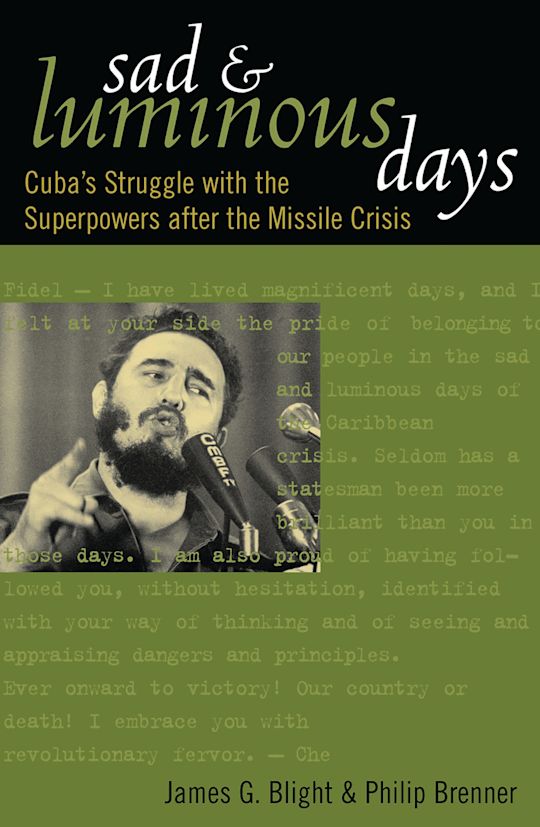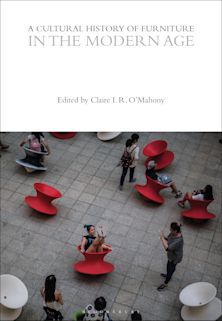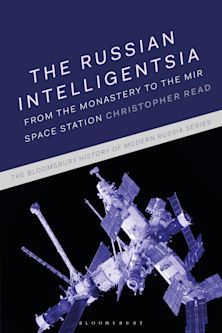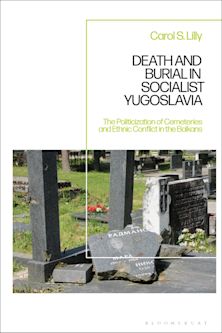- Home
- ACADEMIC
- History
- Modern History
- Sad and Luminous Days
Sad and Luminous Days
Cuba's Struggle with the Superpowers after the Missile Crisis
Sad and Luminous Days
Cuba's Struggle with the Superpowers after the Missile Crisis
This product is usually dispatched within 1 week
- Delivery and returns info
-
Free CA delivery on orders $40 or over
You must sign in to add this item to your wishlist. Please sign in or create an account
Description
In October 1962 school children huddled under their desks and diplomats feverishly negotiated as the world sat on the brink of nuclear war. The Cuban Missile Crisis was the most dangerous moment in modern history and resulted in a changed worldview for the United States, the Soviet Union, and Cuba.
In tracing the developments of the missile crisis and beyond, Sad and Luminous Days presents and interprets a heretofore unavailable (and largely unknown) secret speech that Castro delivered to the Cuban leadership in 1968. In it, Castro reflects on the crisis and reveals the distrust and bitterness that characterized Cuban-Soviet relations in 1968. Blight and Brenner frame the annotated speech with an examination of the missile crisis itself, and an analysis of Cuban-Soviet relations between 1962–1968, ending with an epilogue that highlights the lessons the missile crisis offers us in the current search for security and a stable world order.
Sad and Luminous Days sheds new light on Cuban-Soviet relations and should be required reading not only for Cold-War scholars and historians, but also for anyone intrigued by the drama of the thirteen momentous days in October 1962.
Table of Contents
Chapter 1: The October Crisis
Chapter 2: Fidel Castro's Secret Speech
Chapter 3: October/November 1962: The Shadow of the Missile Crisis Descends on Havanna and Moscow
Chapter 4: June 1967–August 1968: From the Shadow of the Missile Crisis to the Shadow of the Future
Epilogue: Cuba's Struggle with the United States after the Missile Crisis: The Case for Realistic Empathy
Appendix A: Chronology of Events: 1963–1968
Appendix B: Text of Letter Dated 15 November from Prime Minister Fidel Castro of Cuba to Acting Secretary General U Thant
Appendix C: Speech Given By Major Fidel Castro Ruz, Prime Minister of the Revolutionary Government and First Secretary of the Central Committee of the Communist Party of Cuba, Analyzing the Events in Czechoslovakia Friday, August 23, 1968—Year of the Hero
Product details
| Published | Sep 10 2002 |
|---|---|
| Format | Hardback |
| Edition | 1st |
| Extent | 352 |
| ISBN | 9780742522886 |
| Imprint | Rowman & Littlefield Publishers |
| Dimensions | 241 x 161 mm |
| Publisher | Bloomsbury Publishing |
About the contributors
Reviews
-
The value of Blight and Brenner's book is that it presents the Cuban perspective in extensive detail. Sad and Luminous Days will provide an important counterpoint to the stream of simplistic books about the missile crisis that are sure to appear.
Library Journal
-
Recommended.
Choice Reviews
-
The book is well written, meticulously researched, balanced, and is an excellent read.
Political Studies Review
-
Clearly written, well argued, thoroughly documented, and worth a read. Achieve[s] some major breakthroughs that aid in our understanding of contemporary Cuba.
Science & Society
-
Drawing on newly declassified documents from the U.S., Cuba, and Russia, as well as interviews with former officials in all three countries, Blight and Brenner show how the missile crisis was caused, in large part, by a lack of empathy between Washington, Havana, and Moscow. I have known for some time that we in the Kennedy administration misunderstood the Cubans and Russians. But in Sad and Luminous Days, we learn the many ways the Cubans and Russians misunderstood each other, and how those misunderstandings made the crisis as dangerous as it was. The book is a superb addition to recent history and is full of important lessons for relations between Great Powers and small countries, beginning with the lesson: 'Empathize with your adversary, or you may regret it!'
Robert S. McNamara, Secretary of Defense under Presidents John F. Kennedy and Lyndon B. Johnson (1960–1968)
-
Using interviews with senior officials and recently declassified documents from Cuba, the United States, and the former Soviet Union, Blight and Brenner brilliantly show how Fidel Castro manipulated the Great Powers while posing as their innocent victim. This is a well-researched and beautifully written account of the triangular relationship that brought the world to the brink of nuclear catastrophe.
Robert A. Pastor, professor and director of the Center for North American Studies, American University

































